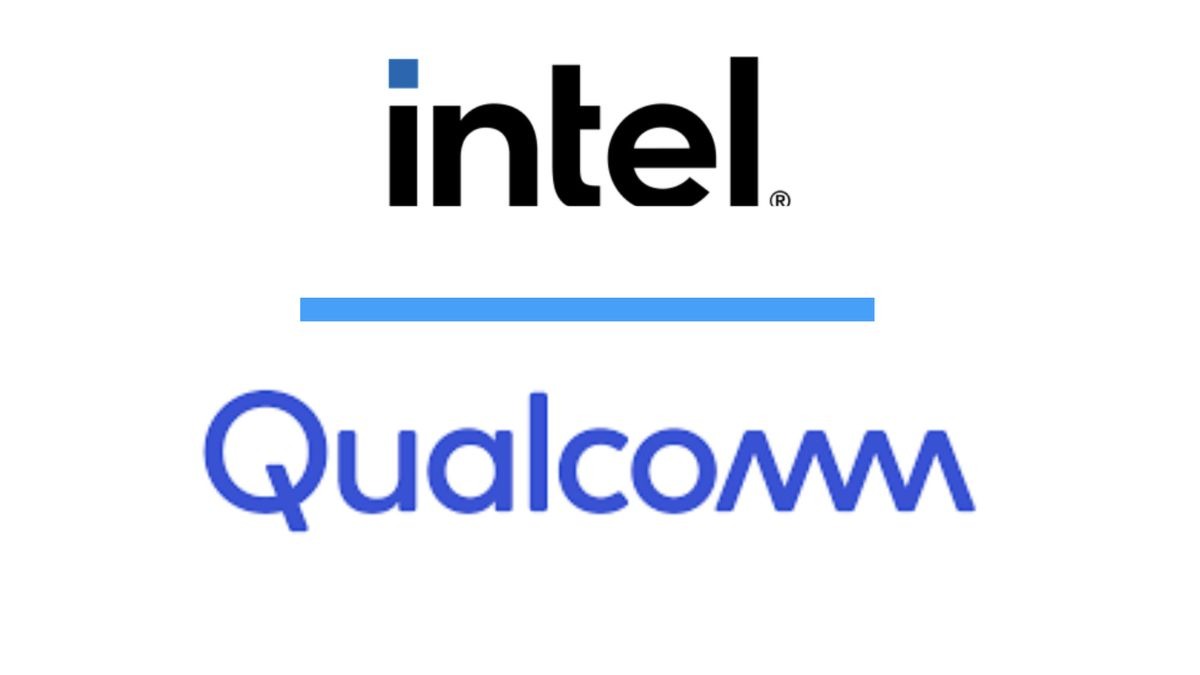Qualcomm, a dominant force in the smartphone industry, known for its Snapdragon chipsets, may be looking to expand its reach through a significant acquisition of rival chipmaker Intel. Reports suggest that Qualcomm has begun talks with Intel about a possible takeover, highlighting a crucial moment in the semiconductor landscape.
According to insiders, Qualcomm has reached out to Intel within the past few days, although the path to a deal remains uncertain. The acquisition of this magnitude would attract significant scrutiny from U.S. regulators, potentially complicating the process. Qualcomm might consider divesting certain segments of Intel to secure regulatory approval, according to the same report.
The implications of such a deal could be monumental for both companies. Intel, which once commanded a market value exceeding $290 billion in 2020, has seen its value plummet to around $90 billion in recent years. In stark contrast, Qualcomm’s market value currently hovers around $185 billion, reflecting its sustained prominence in the tech industry.
The financing of the acquisition poses another challenge for Qualcomm, as details regarding how it would fund the deal remain unclear. Additionally, managing Intel’s diverse portfolio, which includes contract manufacturing and various product lines, adds another layer of complexity to the potential acquisition.
Intel’s situation has deteriorated significantly in 2024, with shares plunging by roughly 60% since the start of the year. This decline highlights the difficulties the company faces as it strives to regain its footing in a competitive market increasingly dominated by firms like Qualcomm and other chipmakers.


